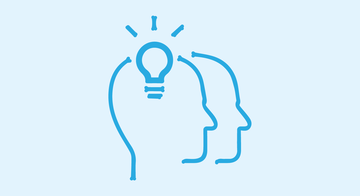Session 4: Building Brains as the Foundation for Lifelong Development

- The brain is responsible for human functioning (movement, thinking, feeling and emotions, perception and how we relate to others). Humans cannot function without a good brain. Brain development starts from the moment of conception and grows very rapidly during the first 1000 days of life.
- In the first 3 years of life the child brain has grown to 80%. The brain is made up of connections that need to be nourished to increase the connections because the more the connections the better the brain. Building Brains means that we are building the intelligence, motor development, social and emotional development which are the main domains of human development.
- During the brain development process, the pregnant mother and child need to be healthy, have proper nutrition, be secure and protected, and exposed to learning experiences and stimulation because these are like food for the brain. There is compelling evidence now that parents and caregivers can change the brain connections through the sensory experiences (play and communication) with preventing diseases and eating proper food that affects the “wiring or connections” of the developing brain.
- Positive parenting helps the child’s brain to grow in a healthy way. The good thing is that this can happen very easily during the period from conception to 3 years of age.


This session will help participants become aware of how a child's brain functions and develops and how the early years are the foundation of lifelong development. The structure of brain is determined by the child’s early experiences and good parent/caregiver-child interactions.

Upon completion of this session, the participants will be able to:
- Understand the multifunctional nature of the brain and influence on the acquisition of different physical, cognitive, social and emotional skills that determines lifelong development and achievement.
- Understand that parents and caregivers have the power to ensure that children have healthy brains through positive parenting and quality interactions with their children during the early years.

Presentation, role plays, discussions.

Flip chart, markers, powerpoint slides, handouts on ABC.

2 hours
Average Rating: ☆ ☆ ☆ ☆ ☆ (0 reviews)



